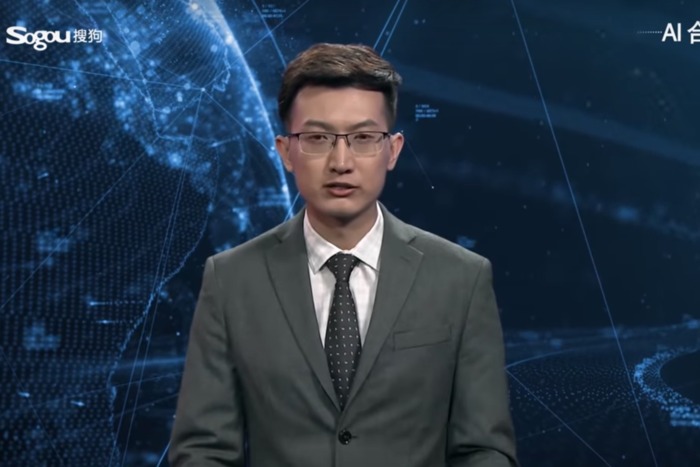Imagine you work for a small news company as a journalist. You’re in direct competition with giant media moguls who threaten to absorb and change your company at the drop of a pin. Your employers don’t have nearly enough resources, money or people power to cover all the stories they’d like to. Layoffs are increasing, and it could be your head on the chopping block next. What if it didn’t need to be like this?
Suddenly a few programs are installed on your desktop, and just like that, your company starts to thrive. How could it be this simple you ask? Well, algorithms are perfectly suited to solving problems that face journalists, particularly journalists working for smaller companies.
For instance, algorithms can help cover stories you can’t get to by automatically contacting sources. They can also reduce research time by tagging useful information, supplying support quotes and suggesting other research articles.
Artificial Intelligence can also help by tracking the latest in breaking news before any other outlets get to the scene. For example, Reuters are using an AI to scour Twitter feeds for news before it makes the headlines – drastically reducing delays in publishing by minutes or even hours. Assuming Murdoch hasn’t already caught on to this, you’re going to get far more exclusives than any of his companies.
AI Journalism by Spencer Fowler Steen
Stream AI Journalism by Spencer Fowler Steen on desktop and mobile. Play over 265 million tracks for free on SoundCloud.
And what about your readers? Aren’t they the ones that ultimately matter? Well the kicker in all of this automation of news production is that your readers get more of the stories they want. Where once upon a time a tennis enthusiast got a smattering of articles about the major matches, now they get all of the play-by-play action from every match in the tournament.
Clearly the bottomless well of information and data on earth is only increasing, and journalists have a finite amount of time to convey it to consumers. Automation of journalism can only help in this endeavour to produce more accurate, informative and quality information for the benefit of your small news company and readers alike.
Side note: The music at the start and end of my audio story was produced by an AI called Aiva, which has listened to a large amount of music to create a mathematical model which creates completely new music.
(Photo: New China TV)





